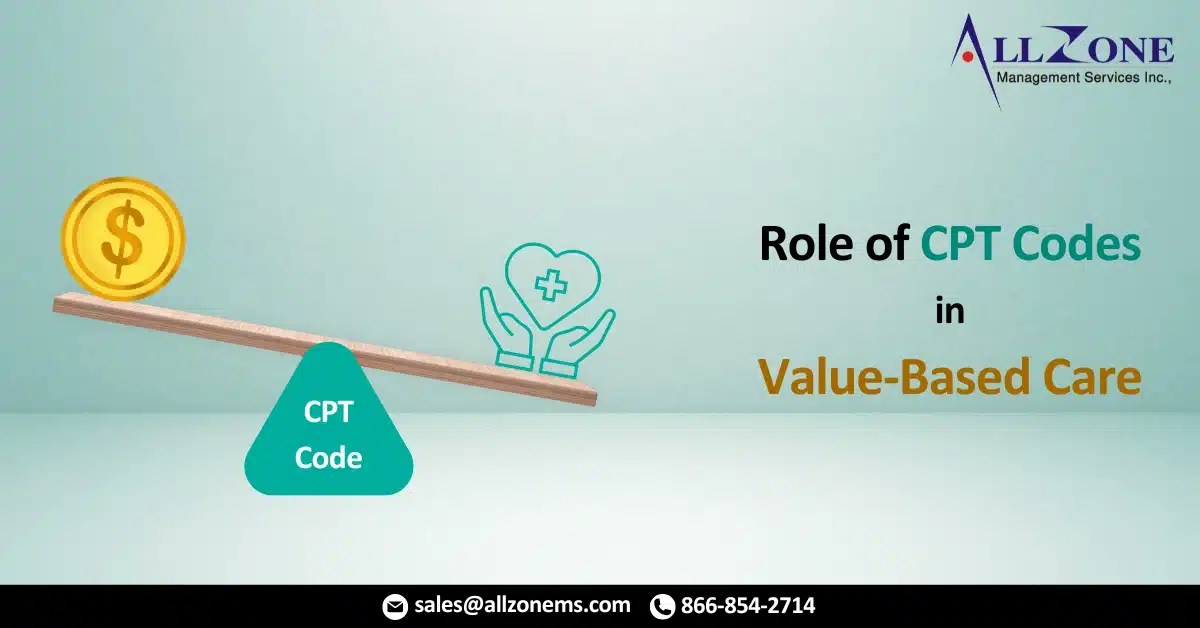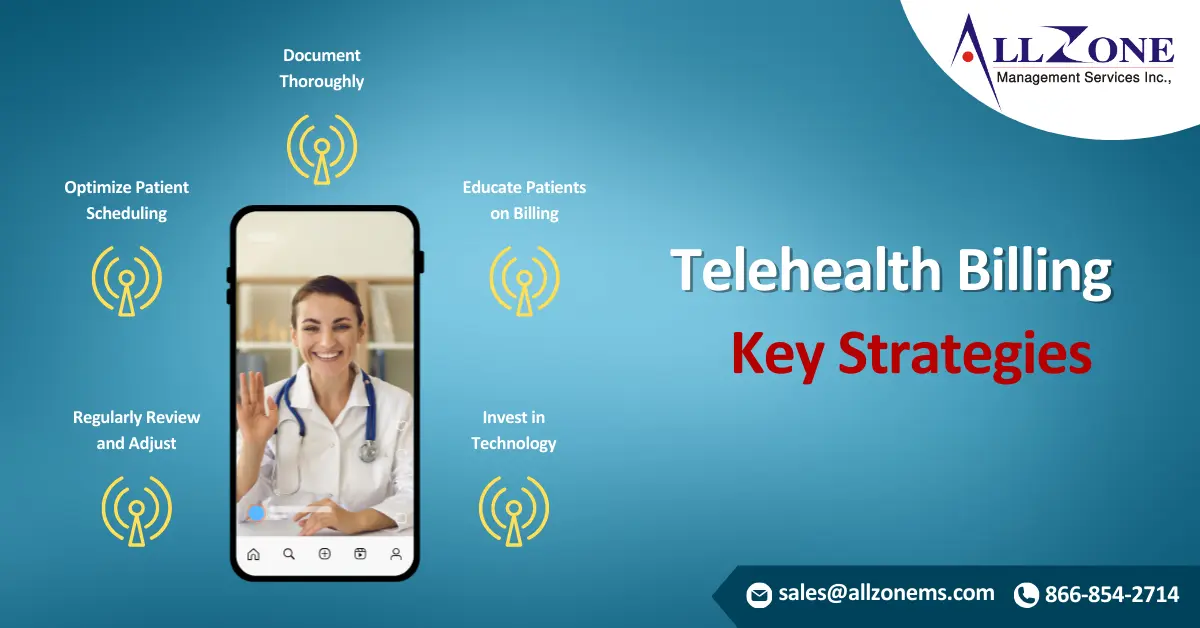The volume of clinical validation denials is increasing, yet clinical validation queries have not kept pace. One key reason for this discrepancy is the complexity involved in constructing clinical validation queries, which require precise and thorough documentation to ensure accurate coding and reimbursement The Unique Challenges of Clinical Validation Queries Unlike traditional queries that request […]
Medical coding is the lifeblood of healthcare operations. It forms the crucial bridge between patient care and financial reimbursement, ensuring that healthcare providers are compensated for the services they render. However, the complexity and sheer volume of medical codes, coupled with the ever-evolving regulatory landscape, make accuracy a persistent challenge. This is where the potential […]
AI in Radiology is rapidly transforming the field, with new AI tools and algorithms continuously being developed and integrated into clinical practice. However, while AI’s role in medical imaging is expanding, a critical issue remains unresolved—reimbursement. The Reimbursement Challenge Despite the increasing adoption of AI in Radiology, experts highlight a significant gap: the absence of […]
Value-based care is revolutionizing healthcare delivery, shifting the focus from volume to value. But what exactly does that mean, and how do seemingly technical elements like CPT Codes in Value-Based Care fit into the picture? This blog post dives deep into the world of value-based care, exploring its core components and highlighting the crucial role […]
The Centers for Medicare & Medicaid Services (CMS) has finalized a rule significantly changing how healthcare providers must handle Medicare overpayments. The new Medicare Overpayment Rule, effective January 1, 2025, is part of the 2025 Physician Fee Schedule Final Rule and impacts Medicare Parts A/B (Traditional Medicare) and C/D (Medicare Advantage and Prescription Drug Plans). […]
A well-managed A/R process ensures timely cash flow, reduces administrative burdens, and maintains the stability of a healthcare practice. However, many healthcare practices still struggle with outdated, manual A/R management processes that can lead to inefficiencies, errors, and delayed payments. In recent years, Revenue Cycle Management (RCM) automation has emerged as a game-changer in addressing […]
In the ever-evolving field of medical billing, denied claims remain a significant obstacle for healthcare providers. Studies reveal that over 10% of claims face initial rejection by insurers, leading to revenue losses, administrative strain, and frustration for all stakeholders. To mitigate these challenges and ensure financial stability, an effective denial management process is essential. However, […]
Medicare provides health insurance coverage to 67 million individuals, accounting for 20% of the U.S. population, and serves as a vital revenue source for healthcare providers. Medicare Part B expenditures—encompassing physician services, outpatient care, and physician-administered drugs—constituted nearly 49% of Medicare’s total benefit spending. Although Medicare physician participation is optional, the vast majority of healthcare […]
Telehealth revenue can be a lifeline for many healthcare organizations struggling financially due to cancellations of elective and non-urgent procedures. However, maximizing this revenue stream requires effective Telehealth Billing Strategies. This includes accurate coding, timely claim submissions, and navigating the complexities of payer reimbursement policies for virtual services. Understanding Telehealth Billing: A Few Key Concepts […]
The American Relief Act of 2025 has brought critical updates to Medicare telehealth policies, reinforcing telemedicine as a viable healthcare solution. With the dust now settled, let’s revisit the changes to Medicare telehealth policies and examine what lies ahead. Key Telehealth Policies Extended Through 2025 The Centers for Medicare & Medicaid Services (CMS) has maintained […]










